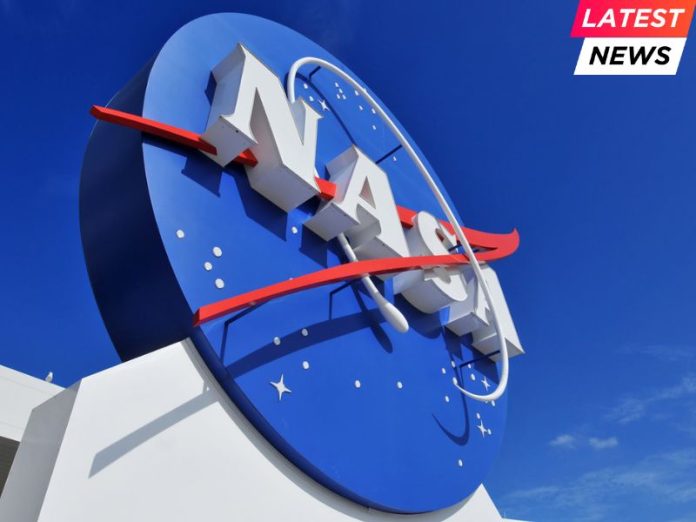A growing rift between President Donald Trump and Elon Musk is casting fresh uncertainty over the future of the US space program, as already controversial White House budget plans threaten to gut NASA’s science funding.
The dispute between the two influential figures erupted over a sweeping Republican spending bill that slashes NASA’s science division by nearly 50 percent. Trump has now escalated the situation by threatening to terminate SpaceX’s federal contracts, a move that would deeply impact NASA’s operations and its planned missions to the Moon and Mars.
NASA depends on SpaceX’s Falcon 9 rockets to supply the International Space Station and had pinned hopes on the Starship system for future lunar and Martian expeditions. If Trump follows through on his threat, those plans could be derailed.
“This kind of volatility has a chilling impact on long-term goals,” said Dr. Simeon Barber of the Open University. “Science relies on consistency, not political whiplash.”
Even before the public falling-out, NASA’s proposed budget had triggered alarm across the space science community. The agency has outlined plans to stand down up to 40 missions, including climate monitoring satellites and international collaborations with the European Space Agency. Only crewed Mars missions would see increased funding.
Critics argue the cuts represent the most serious threat NASA has faced in decades. “This is the biggest crisis in the agency’s history,” said Casey Dreier of the Planetary Society.
The administration wants to retire NASA’s costly Space Launch System, which has faced years of delays and skyrocketing costs of $4.1 billion per launch. Instead, the White House hopes to lean on SpaceX’s Starship and Blue Origin’s New Glenn rockets, which are designed to be reusable and dramatically cheaper. But both systems are still in early testing phases, raising fears about the reliability of this shift.
“The risk is replacing one flawed system with unproven alternatives,” said Dr. Barber.
The proposed cuts would also threaten NASA’s role in returning Martian rock samples and limit Europe’s involvement in missions like the Rosalind Franklin rover. European officials are now rethinking their reliance on NASA.
“We may need to become more autonomous,” said Prof. Sir Martin Sweeting, a leader in European satellite development.
Earth observation programs are also on the chopping block, raising concerns about the ability to monitor climate change. “These missions are our early warning system,” said Dr. Adam Baker of Cranfield University. “Losing them would blind us at a critical time.”
While Congress has yet to approve the White House budget, experts warn that political deadlock could lead to an interim version being enforced by default. Once programs are shut down, restarting them is often impossible.
Despite some Republican opposition behind the scenes, the clash between Trump and Musk threatens to turn a space policy crisis into a political showdown with global consequences.
Related Readings:

![]()










